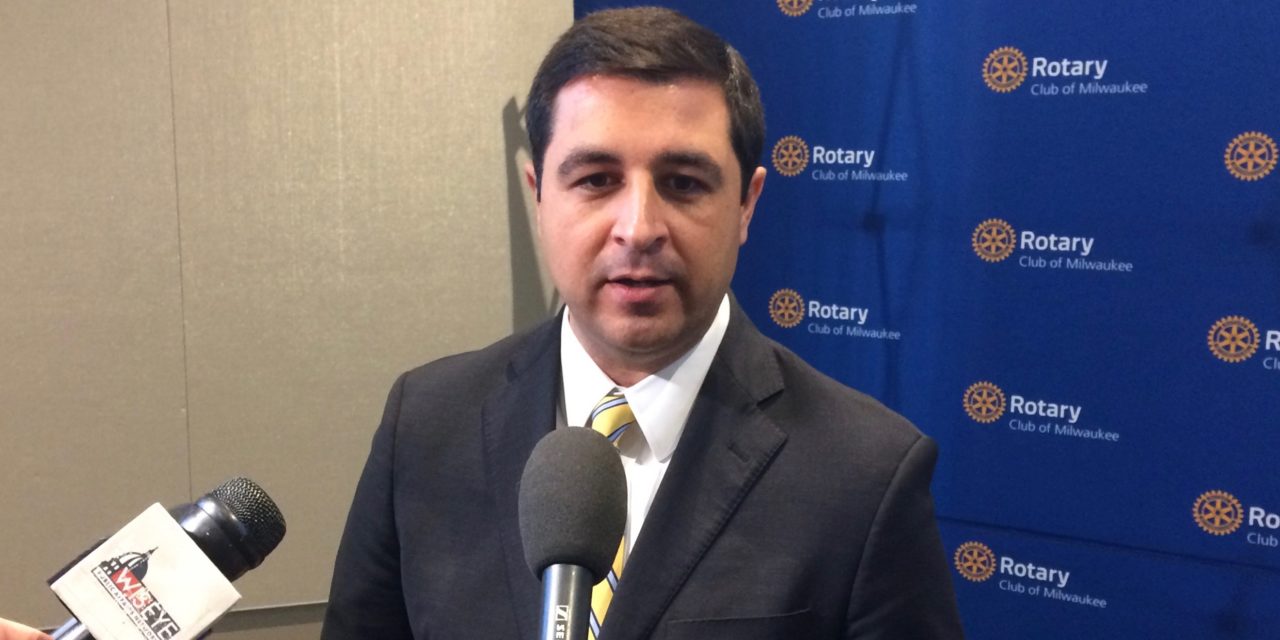
Summit targets emergency detention reforms

Wisconsin law enforcement agencies have concerns about how long it takes to transport those in crisis to mental health facilities through the emergency detention process, according to results of a survey released at a Department of Justice summit last week.
Attorney General Josh Kaul said the amount of time spent transporting poses problems for those in crisis and law enforcement agencies.
“The truth is that there aren’t easy solutions, that if there were, this problem would have been solved a long time ago,” Kaul said. “What we want to do is make sure that people are sharing ideas that can be used in other communities, to hear new perspectives and, most importantly, that people are working together to find solutions to the challenges that we face.”
The Department of Justice recently surveyed law enforcement about emergency detentions. They identified staffing and budget as two major issues.
“The biggest, largest area that agencies identified as a way, overwhelmingly, to improve the process is to make additional facilities available, so to expand the number of facilities where emergency detentions can be taken,” said Derek Veitenheimer, director of the department’s Bureau of Justice Information and Analysis.
Wisconsin law enforcement agencies also said having a standardized process for medical clearances across hospitals, having options for transport outside of law enforcement and changes to the requirement that counties approve detentions could help too.
Paula Verrett, Iris Place program director at NAMI Fox Valley, described her experiences with emergency detention and how peer-run respites can play a role in helping those with mental health challenges.
“We need to make changes in how our mental health system responds to crisis,” Verrett said. “I believe that crisis can be an opportunity for growth, an opportunity for change, if given the chance. If given the kindness and compassion, maybe we can prevent individuals from being criminalized, locked up and traumatized by the very system that was intended to provide relief.”
Verrett said that in her talks with people who have been in crisis, they’ve called for a continuum of care. She said she hopes the summit results in change that puts “people at the top of the list instead of the dollar sign.”
Tamara Dodge, a senior attorney for the Legislative Reference Bureau, said state law doesn’t bar using private contractors to transport those in emergency detention.
Dodge said counties can also enter into contracts with neighboring states to provide services like emergency detention as long as those states recognize Wisconsin law, including around rights provided to patients. Michigan and Minnesota meet that criteria, while Iowa and Illinois do not, she said.
Rose Kleman, Department of Health Services Division of Care and Treatment Services administrator, said they’re working to reduce emergency detentions by “growing the county-wide system of behavioral health services and making them available more locally.”
This article first appeared in the Wisconsin Health News daily email newsletter. Sign up for your free trial here.





